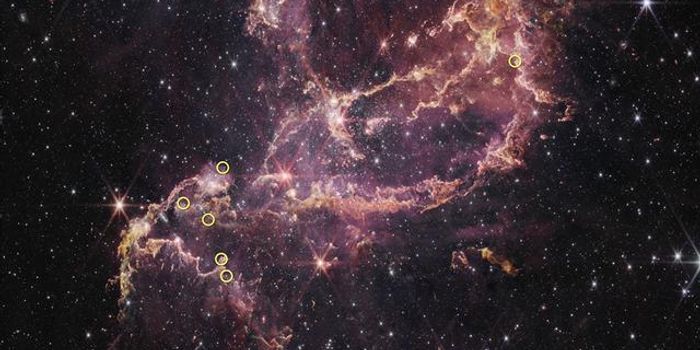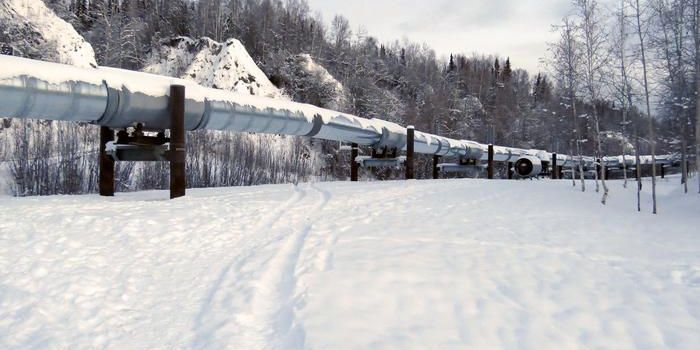Impact of Antarctic Environmental Changes on North Atlantic Sea Level Rise
How could temperature increase in Antarctic deep-sea water contribute to rising sea levels around the world? This is what a recent study published in Nature Geoscience hopes to address as a team of international researchers discovered that human-caused environmental disturbances in Antarctic deep-sea are contributing to rising sea levels thousands of miles away in the North Atlantic Ocean. This study holds the potential to help scientists, environmentalists, and the public better understand the long-term consequences of human-caused climate change around the world.
“Although these regions are tens of thousands of miles away from each other and abyssal areas are a few miles below the ocean surface, our results reinforce the notion that even the most remote areas of the world's oceans are not untouched by human activity,” said Dr. Tiago Biló, who is an assistant scientist at the Rosenstiel School’s NOAA Cooperative Institute for Marine and Atmospheric Studies and lead author of the study.
For the study, the researchers examined hydrographic data and mooring observations obtained from the North Atlantic Ocean between 2000 and 2020 to ascertain how much deep-sea Antarctic water travels to the northern latitudes and influences the heat and carbon distributions within shallower waters. In the end, the researchers found that the amount of cold water flowing from Antarctica to the three ocean basins—Atlantic, Pacific, and Indian—has decreased during the 21st century, resulting in temperature increases in deep-sea oceans around the world.
“Our observational analysis matches what the numerical models have predicted—human activity could potentially impose circulation changes on the entire ocean,” said Dr. Biló. “This analysis was only possible because of the decades of collective planning and efforts by multiple oceanographic institutions worldwide.”
How will human-caused climate change contribute to influence rising sea levels around the world in the coming years and decades? Only time will tell, and this is why we science!
As always, keep doing science & keep looking up!
Sources: Nature Geoscience, EurekAlert!








